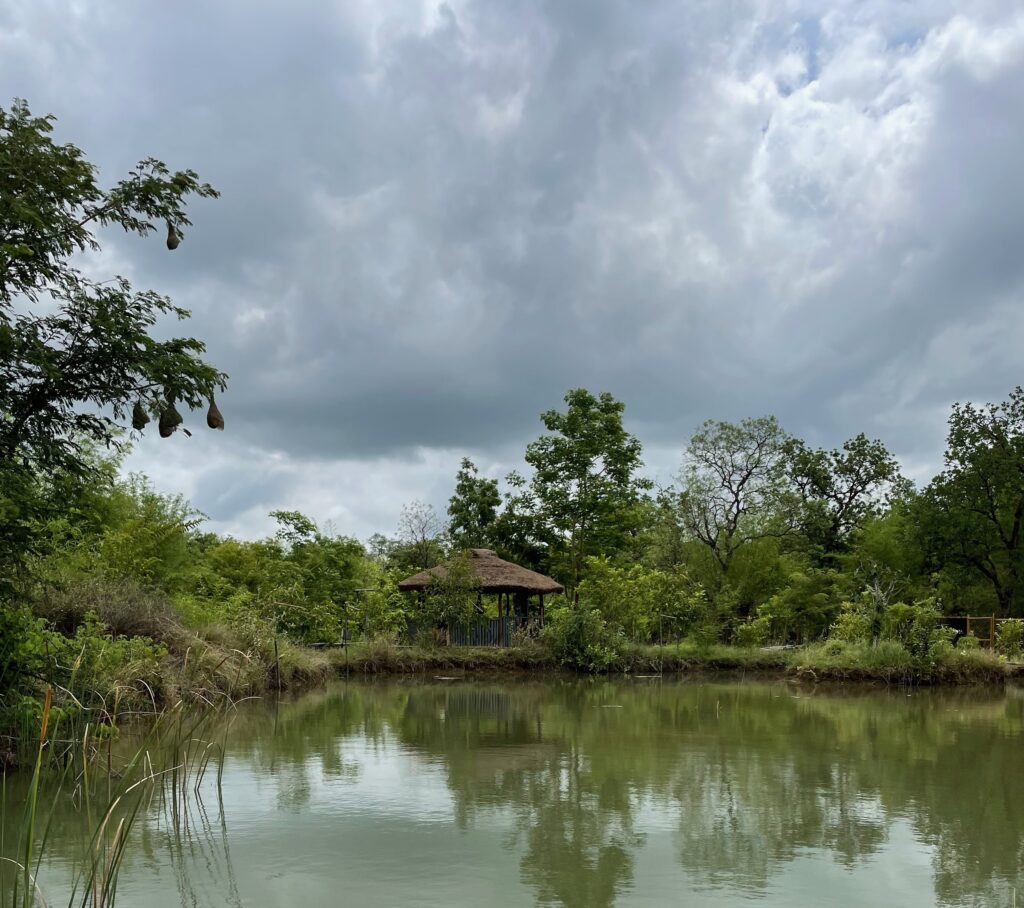The Tadoba Andhari Tiger Reserve in Maharashtra, India, is one of the country’s finest biodiversity preserves. It is home to a vast array of flora and fauna, including the regal tigers, making it a popular destination for wildlife enthusiasts and environment enthusiasts. However, over the years, the increased number of tourists has placed a tremendous strain on the area’s natural resources and wildlife. To address this issue, ecotourism has emerged as a viable solution that can strike a balance between environmental preservation and regional economic growth.

Ecotourism is a form of sustainable tourism that emphasises responsible travel to natural areas to conserve the environment and benefit local communities. In the context of Tadoba, ecotourism can contribute to the conservation of the region’s biodiversity while also providing opportunities for local communities to earn a living.
Ecotourism in Tadoba is an excellent way for visitors to enjoy the area’s natural splendour while also contributing to its preservation. The concept of ecotourism entails a minimum impact on the environment and a maximum benefit for the local community. Therefore, travellers can explore the reserve while considering their actions and environmental impact. This can be accomplished by following the forest department’s guidelines, which include not polluting, not feeding the animals, and respecting the local culture and traditions.
Ecotourism can generate income for local communities, which is one of its primary benefits. A significant tribal population has lived in harmony with the forest for millennia in the Tadoba region. However, the rise in tourism has forced many of them to migrate to the cities in pursuit of employment. Guides, chauffeurs, homestay hosts, and artisans are all examples of occupations that ecotourism can create for these communities. This can aid in both the preservation of their traditional way of life and the improvement of their standard of living.
Moreover, ecotourism can result in the improvement of the region’s infrastructure, including roads, transportation, and lodging facilities. This can improve both the accessibility of the reserve for tourists and the living conditions of the residents. The Tadoba region has the potential to become a paradigm for sustainable tourism, where conservation and development coexist.
However, Tadoba’s ecotourism implementation faces some obstacles. The first is assuring that all stakeholders, including local communities, the forest department, and tourists, receive a fair share of the benefits of tourism. The second is managing the number of visitors so as not to disturb the vulnerable ecosystem of the reserve. The forest department can resolve these issues by regulating the number of visitors, providing locals with training, and educating tourists about the significance of conservation.
Ecotourism can be a game-changer for the Tadoba region, facilitating the conservation of its natural resources and enhancing the livelihoods of local communities. However, it must be implemented with care and consideration to ensure its viability and the satisfaction of all stakeholders. Tadoba can become a shining example of how tourism can be used to benefit people and the environment with proper planning and investment. Ecotourism is much appreciated and Sustainable practices are followed by our resort in Tadoba which give lots of emphasis on Ecotourism.



